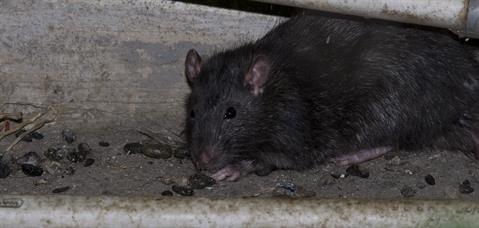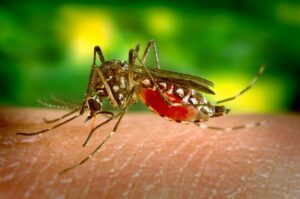Lassa Fever Outbreaks in Nigeria Claiming More Than 70 Lives

By Neucrad Health Desk February 17, 2020
It seems viruses are creating havoc at different parts of the globe. While we are still reeling under the fear of coronavirus spread in China, fresh reports of Lassa fever outbreak had added fuel to our panic. With more than 70 deaths in the first six weeks of the current year, the Nigerian Academy of Science (NAS) has asked the government for the declaration of a national health emergency. The Nigeria Centre for Disease Control (NCDC) has also confirmed this viral outbreak as a medical emergency in the country.
What is the current status of Lassa Fever?
The NCDC in Nigeria has also reported the addition of eight new casualties during last week. Four new medical staff also became affected in the Ondo, Delta and Kaduna provinces. Until now most cases (74 per cent) remained confined in the three states of Nigeria- Edo (35 per cent), Ondo (33 per cent) and Ebonyi (6 per cent) states. Until the middle of February 2020, there are 472 confirmed cases all across the country. The Medical staff and healthcare professionals are increasingly worried about the current situation and are exploring every possible action to prevent further flair of the outbreak. [2]
What is Lassa Fever?
Lassa fever is a zoonotic infection endemic in several states of Western Africa, including Nigeria, Sierra Leone, Liberia, and Guinea. Medical professional first detected the disease in 1969, and until today, it has affected more than 23 states in the entire African continent. The situation was worst in 2018 when the NCDC confirmed more than 600 patients claiming over 170 lives. However, these estimates are crude; surveillance for Lassa fever is not carried out scientifically in areas like Sierra Leone and Liberia due to inadequate medical infrastructure. The “multimammate rat” (Mastomys natalensis) is the vector for the zoonotic infection. It has a wide distribution across several countries in the African region. [4]
How is Lassa Fever transmitted?

As already pointed out, multimammate rats are the primary host for Lassa fever. Once infected with this infection, the host can transmit the virus for the rest of their life. They have a habit of colonising areas near human settlements and food reserves. The animal spreads the virus through its urine and droppings. Human beings coming in direct contact with the host’s urine can develop symptoms of the infection. [4]
What are the symptoms of Lassa Fever?
Patients infected with Lassa fever virus usually show symptoms of the disease within one to three weeks after inoculation. The most common symptom is the fever associated with general body weakness. In 80 per cent of patients, the disease goes undetected with mild symptoms. However, in 20 per cent cases, it can progress to other severe complications, including haemorrhage in gums, eyes, or nose, respiratory distress, neurological issues, pain in abdomen, chest, and back, and vomiting. In some cases, the infection claim lives of patients within two weeks due to multiorgan failure. There are also reports of neurological issues like deafness. [4]
What are the treatments for Lassa Fever?
Doctors usually prescribe Ribavirin, an antiviral drug for controlling Lassa fever. The effects of this treatment are more significant if administered in the early stage of the infection. However, if the situation worsens, it is better to advocate supportive care for maintaining electrolytic balance, blood pressure, and other vital parameters of patients. [4]
What are the Preventive Measures for Lassa Fever?

It is helpful if you follow:
- Storing food in rodent-proof containers
- Keeping houses and localities clean
- Discourage rodents from entering homes
- Restricting direct contact with infected patients
- Washing hands again and again with medicated soap in the affected area.
References:








